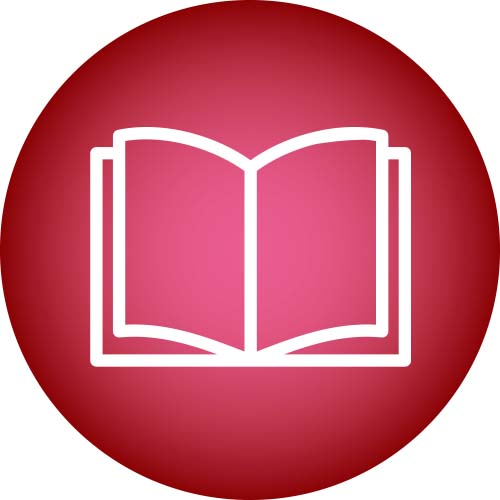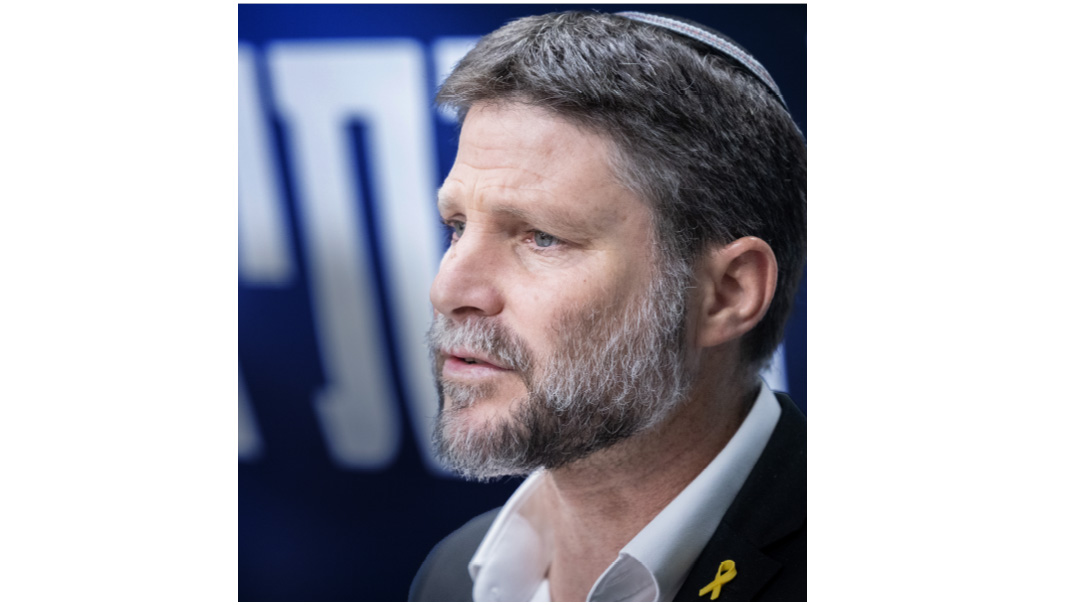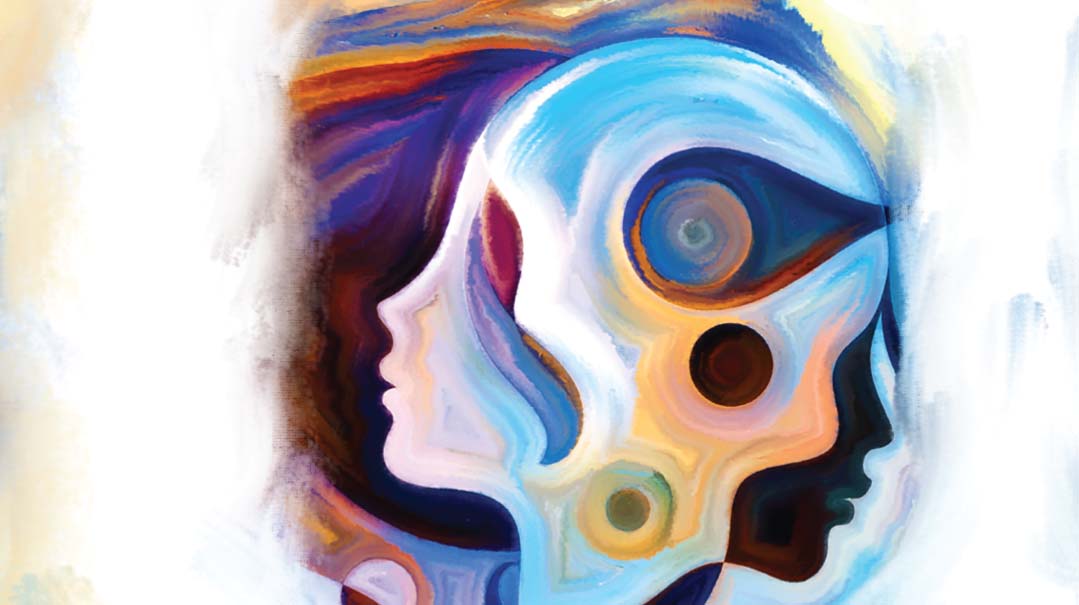Heal Us

An enduring bill of health

When I recall the Yamim Noraim of my childhood, a notable memory is the shul’s recitation of Avinu Malkeinu. The congregants maintained a measured tone throughout the tefillah save for one line, where they not only raised their voices, but drew out the words with longing and unabashed sobbing. Perhaps it was this segment of tefillah they found most relatable, or perhaps they had a specific person in mind, but their passion and fervor for “Avinu Malkeinu, shelach refuah sheleimah l’cholei amecha” was unsurpassed.
Illness, whether our own or a loved one’s, is among the top ten indicators of stress in life. We worry over the efficacy of treatments, second-guess our choice of doctors and medical protocols, alternately listen to and fend off the well-meaning advice of others, and engage in endless research.
And then there’s the pain of illness itself. Whether we personally are in the grip of acute physical or mental pain, or we stand at the side of another who bears the anguish and misery of sickness, illness is a stand-alone in its distress and uncertainty.
Sickness as a Sign
In the days of our neviim, tzaddikim who fell ill would immediately approach their navi and ask to identify the spiritual source for their sickness, frequently finding a correlation between a spiritual shortcoming and their afflicted body part. For maaminim, suffering has always been the short route to teshuvah. Chazal (Shabbos 55a) teach, “Ein yissurim b’lo avon — there’s no suffering without sin.” Generally, when we’re faced with misfortune, our first port of call is to examine our behavior. This applies to sickness as well, and explains why we eagerly undertake extras in mitzvah observance when we, or someone we know, suffers illness.
The Eighth Day
Refa’einu is the eighth brachah in the Shemoneh Esreh. Chazal explain why Anshei Knesses Hagedolah positioned it here. “Rav Achah says: Because [the mitzvah] of bris milah was given on the eighth day [of a child’s life], and this mitzvah requires healing, therefore they established the brachah [in Shemoneh Esreh] as the eighth” (Maseches Megillah 17b).
Linking this brachah with a mitzvah as fundamental to Judaism as bris milah certainly invokes considerable merit. However, when we daven for refuah, the vast majority of our tefillos recall people suffering from illness, not a child recovering from a bris. Why is this a rationale for refa’einu’s placement as the eighth?
Rav Uri Weissblum (He’aras Hatefillah) explains bris milah’s relevance. Bris milah is the only place where we may “demand” that Hashem heal. He commanded us to perform a bris (which inevitably places the infant at risk), therefore we may “demand” He heal the child whose illness was directly incurred by fulfilling this mitzvah. When Hashem discharges healing to the world for infants after milah, we ask Him to include all other illnesses in this curative as well.
Perhaps this reinforces the significance of davening for a refuah specifically at a bris, where we can tap into Divine healing for the infant and implore Hashem for its restorative power as well.
Double Language
Whom do we trust more, doctors, medications and treatments, or Hashem? When pulled up short by debilitating sickness, what gives us more comfort, a sound treatment plan or earnest tefillos? Unprecedented scientific discoveries may have given us more than we bargained for. When we think we possess intimate knowledge into the machinations of the human body, we’re less inclined to rely on the One who created it. When we think we’re privy to the cure, we may forget the One who shared its formula with us.
“Refa’einu Hashem v’nerafei — Hashem heal us and we will be healed.” Our opener to this request is based on the pasuk in Yirmiyahu (17:19) “refa’eini Hashem v’erafei.” In both instances, we employ double language. Why? If Hashem provides healing, surely we’ve been healed! What is the purpose in repeating “v’nerafei, and we will be healed”?
Rav Chaim Friedlander explains the message inherent in both. Quoting the Zohar, he differentiates between illness that Hashem heals by means of an emissary, such as a doctor or medication, and illness that Hashem Himself heals, without employing an agent. When Hashem heals through an agent, the person is indeed healed, but the illness can potentially return. When Hashem Himself heals, He provides an everlasting cure, and the illness is vanquished forever. Therefore, when Yirmiyahu beseeched Hashem, “refa’eini Hashem v’erafei,” he asked Hashem Himself to provide healing. He understood that when Hashem is the Healer, the “refa’eini” concludes in an authentic “v’erafei,” an absolute, unmitigated cure that lasts for eternity.
This is the remedy we daven for in Shemoneh Esreh, a healing without relapse or setbacks, a bill of health that endures. And only Hashem can assure us of this outcome.
The Gra offers an alternate explanation to “refa’einu Hashem v’nerafei,” which reminds us of our responsibilities in treatment compliance. He reads the double language as an imperative to follow the doctor’s orders and comply with the medication and therapy that’s advised. “Refa’einu Hashem,” please send us healing from on High. “V’nerafei,” and impart us the wisdom to accept the treatment.
This is an especially crucial point when we’re faced with multiple options for treatment and are unsure of which course to take. Even here, Hashem is the One who is holding the cards, and we ask Him to direct us to the treatment He deems most effective.
The True Healer
The concluding words of the brachah are perhaps the most meaningful in understanding Who indeed is the true healer. Rav Weissblum expands on the four descriptions in the closing phrase “ki Keil, melech, rofei ne’eman, v’rachaman, atah.”
Keil indicates strength. Hashem, You’re stronger than even the most virulent, aggressive iterations of illness. Melech indicates power. Hashem, You’re formidable and well connected and can provide us with a cure from the farthest corners of the earth. Rofei ne’eman indicates capability. Hashem, You’re truly the greatest medical expert whose expertise and devotion to healing is wholly unrivaled. V’rachaman indicates mercy. Hashem, You’re concerned that the treatment be gentle and You protect us from the pain inherent in the cure. Atah. And You’re here before me now, as I recite Shemoneh Esreh, awaiting my request for a complete refuah.
Mrs. Elana Moskowitz has been teaching in seminaries for over 20 years.
(Originally featured in Family First, Issue 835)
Oops! We could not locate your form.




